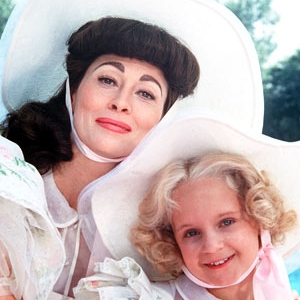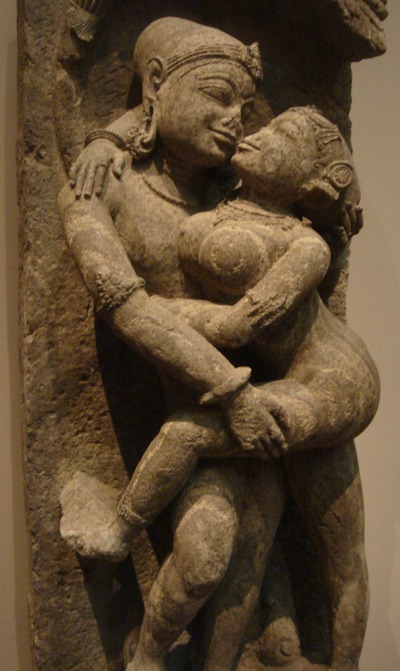The Emotional Edge:
Discover Your Inner Age
For Beyond 50's "Personal Growth" talks, listen to an interview with
Crystal Andrus Morissette. She is a parenting expert and worldwide
leader in the field of self-discovery and personal transformation.
She'll talk about 3 kinds of archetypes that you may be operating from
as a parent. If you are bringing unhealthy baggage from your past into
your role as a parent, you can identify your "Emotional Age" in
parenting and more toward a healthier parent-child relationship.

The Three Dominant Archetypes
By definition, an archetype can be qualities and characteristics represented by a timeless persona. Over the centuries, gods, goddesses, saints and angels have been used.
To determine Emotional Age, real-word archetypes serve as the lens to understand yourself better. Examples are the Bad Boy and Seductress.
The Three Dominant
Archetypes, according to Morissette are "The Parent," "The Adult," and
"The Child." Within us is an aggregate of all three, shifting from one
state to another.
1. The Parent - They're all about taking life seriously. Being results-oriented, it's about getting tasks done. They've learned to be caregivers at a young age. Neglectful of self-care, these individuals are more other-oriented, tending to the needs of those around them as being more important than their own.
"In their mind, they have to be strong, but they don't realize that it is their selfishness that is robbing everyone - themselves and their lover - of a deeply intimate, honest, vulnerable, and connected relationship," added Morissette.
An underlying struggle for those who personify this archetype is dealing with the Imposter Syndrome. They are performing to prove themselves lovable, good enough.
The Parent Sub-Archetypes - The Wallflower, The Martyr, The Rescuer, The Worrywart, The Chubby Bubby, The Micromanager, The Busy Bee, The Puritan, The Perfectionist, The Ruler and The Mad Scientist.
2. The Child Archetype - Not emotionally mature, they make unnecessary demands on others beyond what they are capable of giving, even from life. They're driven by a desperation for attention and approval; their feelings can be intense. This is from their lacking in self-worth. Those who personify The Child Archetype refuse to grow up and out of their high-maintenance behaviors. They typically get into power struggles with authority types, creating lots of drama and dysfunction.
The Child Sub-Archetypes - The Scared Child, The Addict, The Victim, The Lone Wolf, The Rebellious Teenager, The Troublemaker, The Drama Queen.
3. The Adult Archetype -
Those of this type is noble in character by being wise, empowered,
kind, authentic. They are more comfortable in the world. They've done
their inner work to follow their purpose and passion. Their inner
confidence allows them to make plans and execute them well to achieve
personal goals.
"When you embody the Adult Archetype, you have fully integrated your child and parent characteristics and transcended to a new, more empowered point. You communicate with energy, enthusiasm, and joy, while maintaining composure, reason, and interdependence. You are accepting, open-minded, and willing to share yourself completely and wisely. You are autonomous and at ease in a committed relationship because you have confidence in yourself!" described Morissette.
Additionally, those of the Adult Archetype
have struck a healthy balance between giving and receiving. They
practice self-care of their body, mind and spirit.
Subscribe to Beyond 50's Radio Updates!
Beyond 50 values your personal information. Your email will
not be used, sold, or
shared with any outside party.
Related Interviews:

Mending the Family Net

The 7 Habits of Highly Dramatic People

Sex, Love and Dharma
Related Reading:





